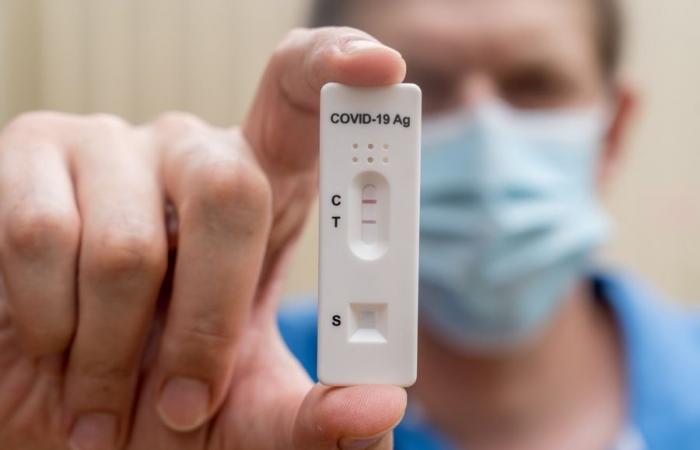After numerous questions on the matter, experts are finally able to explain why some people have never contracted the SARS-CoV-2 virus despite a considerable and long exposure to the pathogen which left little escape.
As reported by the newspaper Repubblica, the answers come through an experiment called ‘UK COVID-19 Human Challenge’ conducted by the international research team led by British scientists from the Medicine Division of University College London and the Wellcome MRC Cambridge Stem Cell Institute of University of Cambridge and carried out in collaboration with several institutes, including The Netherlands Cancer Institute in Amsterdam (the Netherlands). The Challenge involved 36 young and healthy volunteers, who were deliberately injected with the SARS-CoV-2 virus into their nostrils with the aim of infecting them.
More precisely, the research has its origins in the midst of the pandemic, when the victims were countless and the vaccines were not yet available. Placed in this framework, therefore, the Human Challenge raised significant controversy given the high risks. After being exposed to the virus, sixteen young people were studied in depth by scientists at the level of each individual immune cell; six young people developed mild symptoms; three had a transient infection (positive “alternating current” on PCR); seven were consistently negative.
In detail, Professor Nikoli and colleagues discovered that in the seven negative young people an unusual immune response developed, capable of defeating the virus before it could determine the infection by establishing itself in the nasal mucosa. The people who showed this effective reactionaccording to experts, should their protection to a gene, HLA-DQA2, particularly expressed in the blood and nasal mucosa, identified by sequencing hundreds of thousands of single cells. “High expression of HLA-DQA2 before inoculation was associated with prevention of prolonged infections. Hair cells showed multiple immune responses and were the most permissive for viral replication, while nasopharyngeal T cells and macrophages were infected nonproductively,” they said.
In conclusion, the details of the study, published in Nature, as stated by Professor Nikoli “shed new light on the crucial initial events that allow the virus to take hold or rapidly eliminate it before symptoms develop”, allowing scientists more in-depth understanding of immune responses resulting in a greater possibility of developing potential vaccines that mimic the body’s natural protective functions.






